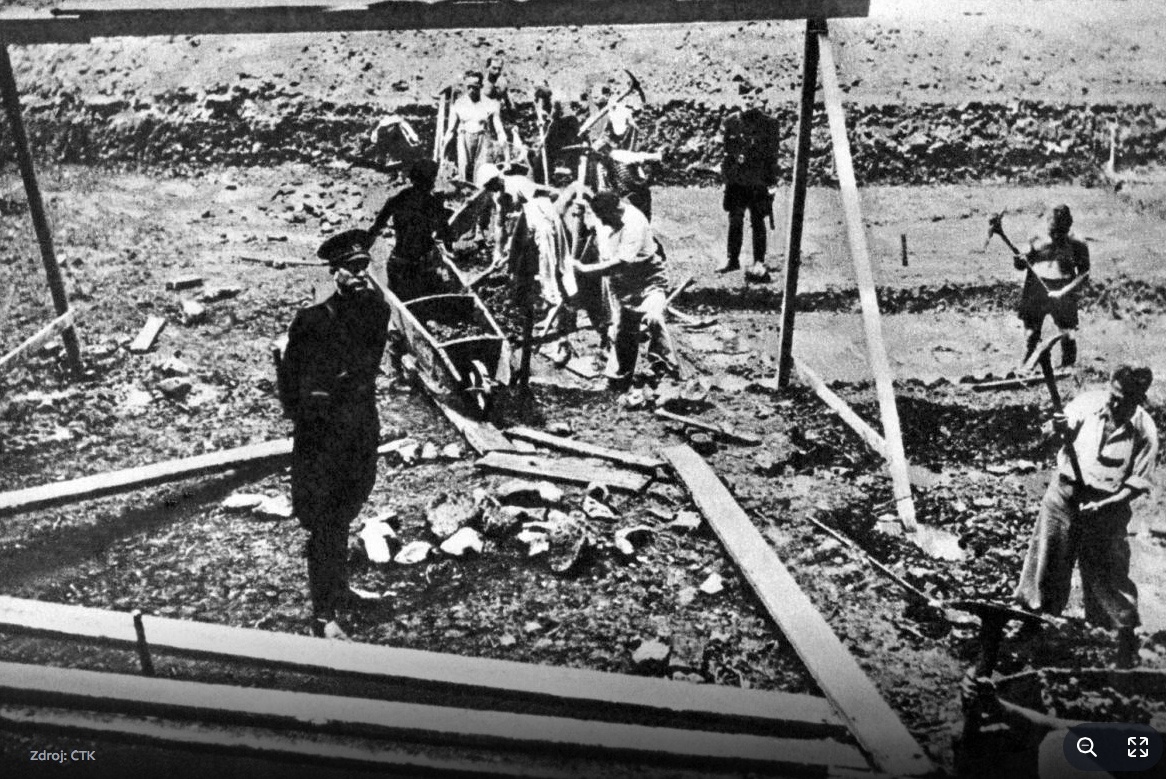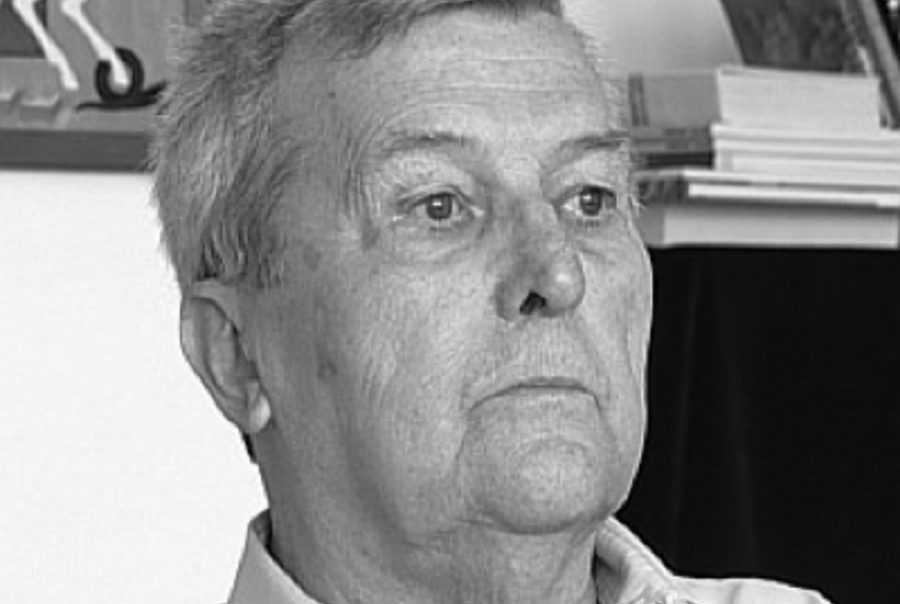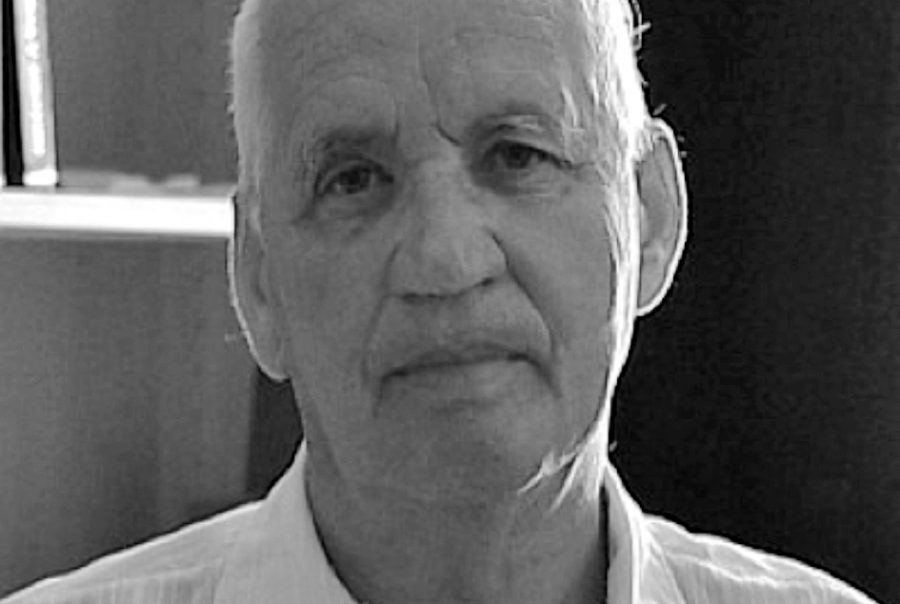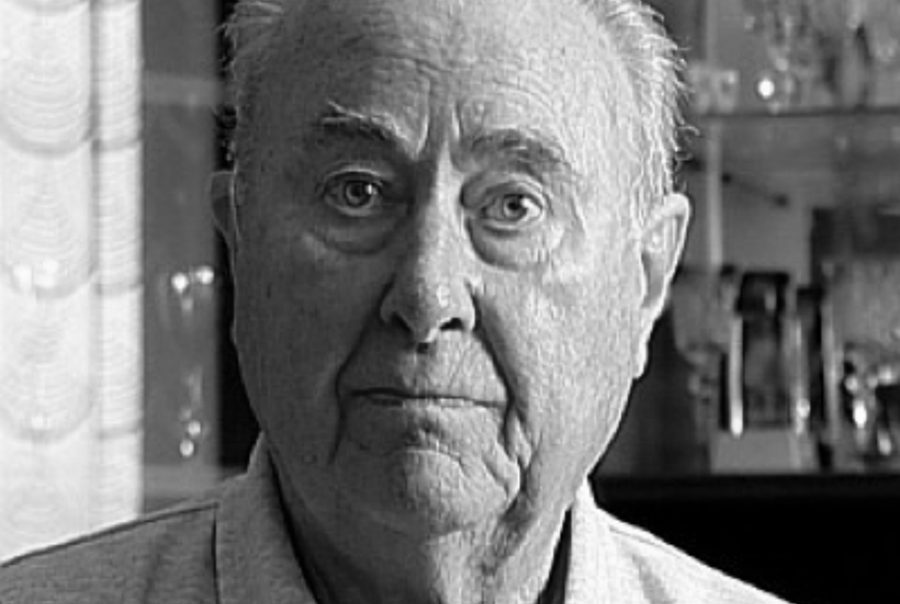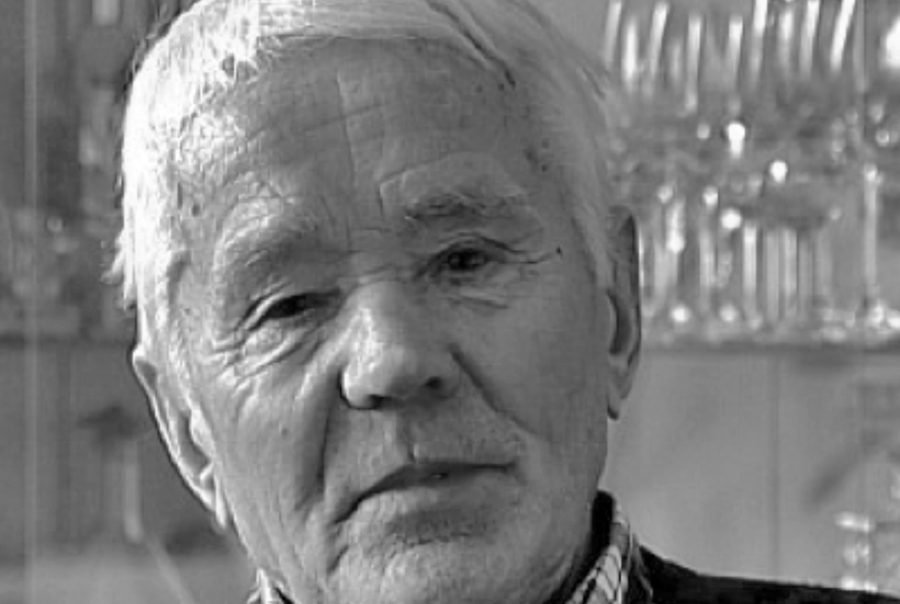The existence of the PTP in the beginning of the 1950s represented an inseparable part of the mechanism of political violence aimed against real, potential or fabricated opponents of the communist regime. Similar units existed also in Poland, Hungary or Romania. In essence it was one of the ways of out-of-court persecutions.
The total number of those who served in the road and auxiliary technical battalions between 1948 – 1954, which given their repressive focus held characteristics of a forced labour camps, is approximately 60 000 soldiers, 25 000 of which had an „E” classification, which meant politically unreliable. Over 5 000 of them were men from Slovakia.


